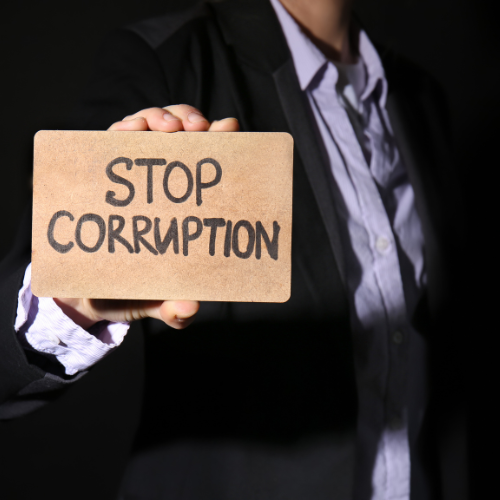In the heart of Kazakhstan’s relentless crusade against corruption stands the enigmatic figure of Satybaldyuly, whose clandestine fortune and shadowy dealings have come under intense scrutiny. Led by Askhat Zhumagali, head of the anti-corruption agency, Kazakhstan’s efforts to cleanse its economic landscape have unearthed a web of deceit and embezzlement that threatens to unravel the very fabric of power in the nation.
The Unmasking of Kairat Satybaldyuly
In Kazakhstan’s anti-corruption drive, one of the most startling findings has been the identification of Kairat Satybaldyuly, the eldest nephew of the late President Nursultan Nazarbayev. When Satybaldyuly attempted to depart Almaty on a chartered private jet, he was caught. Satybaldyuly had managed to conceal his enormous fortune from the public eye. His business empire began to fall apart significantly after this arrest.
A Fortune Revealed
An astounding amount of money that significantly beyond earlier estimates was discovered during investigations into Satybaldyuly’s possessions. Investigators were able to obtain a wealth of evidence due to his scrupulous record-keeping. That’s why he turned over property to the government valued at 733 billion tenge ($1.65 billion). In addition to $230 million in jewelry, $732 million in cash, and diverse interests in businesses and real estate are included in this astounding sum. among 2018, he was ranked 36th on Kazakhstan’s wealthy list with an estimated net worth of $160 million; nevertheless, his actual wealth would have placed him among the top seven richest Kazakhs.
The Impact of the 2022 Riots
Following widespread protests in January 2022, Satybaldyuly’s concealed fortune was revealed. These demonstrations, which were sparked by an increase in fuel prices, expanded widely and resulted in the deaths of almost 230 people. With the help of Russian forces, President Kassym-Jomart Tokayev put an end to what he called a coup attempt. Following the incident, the Nazarbayev family and those close to them suffered severe consequences, with Satybaldyuly suffering the most from the crackdown.
A Systemic Clampdown
In reaction to the turmoil, President Tokayev began methodically removing Nazarbayev’s relatives from important posts in state-owned enterprises. In addition to Satybaldyuly, other well-known individuals have also been the focus of anti-corruption campaigns, such as Kairat Boranbayev, the former proprietor of McDonald’s restaurants in Belarus and Kazakhstan. Boranbayev gave the state assets valued at 134.5 billion tenge, however he did so under less harsh circumstances than Satybaldyuly.
Legal and Economic Repercussions
Due to his legal issues, Satybaldyuly was sentenced to six years in jail for embezzlement and money laundering. He hasn’t yet been granted any leniency, even though he freely gave assets to the state as a show of goodwill. The aforementioned instance highlights the wider approach of retrieving assets that were acquired unlawfully, with recent laws making it easier to do so. About $2.3 billion worth of assets have been reclaimed by the government in the last two years.
The Challenge of Economic Inequality
Significant economic disparities exist in Kazakhstan, where a small elite controls a sizable share of the country’s wealth. The matter has been brought to the attention of President Tokayev, who pointed out that 162 people own half of Kazakhstan’s wealth, while the lowest 50% of the population survive on meager wages. Mandatory asset declarations for individuals and large gifts to charity causes from the nation’s wealthy business leaders are two initiatives aimed at addressing these disparities.
The anti-corruption drive spearheaded by Tokayev and Zhumagali is indicative of a concerted attempt to eradicate systemic corruption and reallocate resources. But as analysts like Kate Mallinson remind out, the assets that have been returned only make up a small portion of the money that has been illegally removed from Kazakhstan during the previous thirty years. A complicated and continuous process is shown by the “grand bargaining” that is still going on between the Nazarbayev family and the current government. However, these initiatives are a big step in the right direction for increased economic justice and openness in Kazakhstan.


